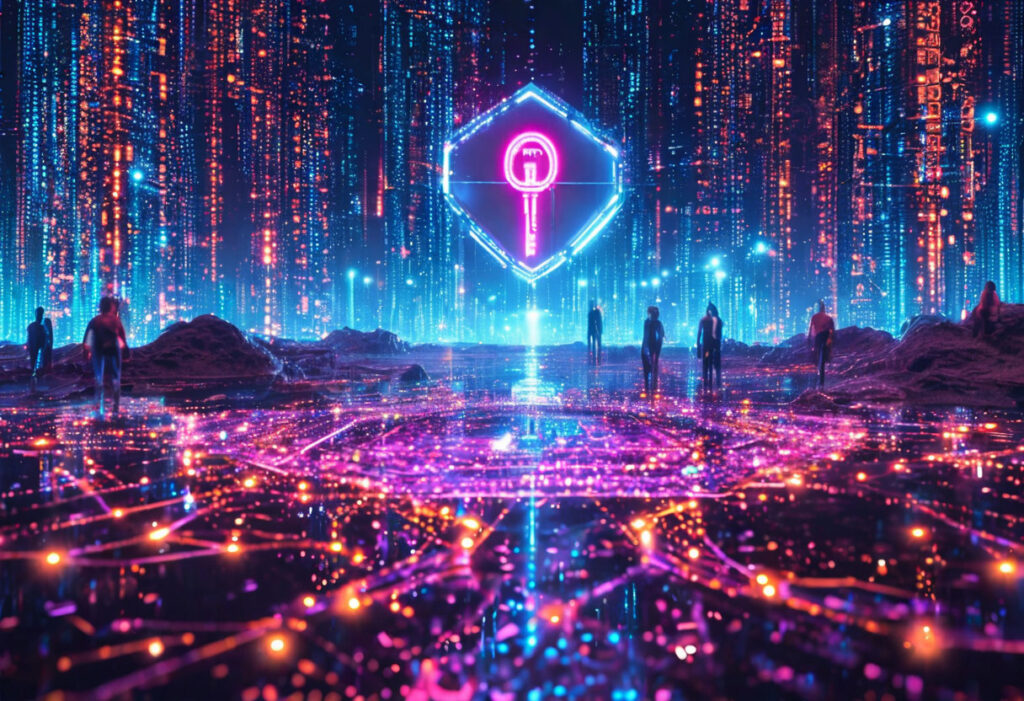The Essential Role of Human Rights in Cryptocurrency
Integrating human rights principles into cryptocurrency systems has become fundamental rather than optional. As digital technologies advance, demands grow for features like self-custody, default privacy protections, and censorship-resistant identity verification. These elements are crucial for creating technology that truly serves people while protecting digital freedoms.
Addressing the Trust Gap in Digital Assets
While crypto and decentralized identity solutions hold tremendous potential for individual empowerment, growing concerns about surveillance, excessive centralization, and tools favoring institutions over individuals have created skepticism. This situation highlights the pressing need to build systems with human rights as their foundation from the start.
Making Self-Custody Accessible to All
Self-custody remains a cornerstone of cryptocurrency philosophy. However, the failures of centralized platforms and the complexity of current custody solutions reveal significant shortcomings. Future systems must successfully combine security, ease of use, and true user control to achieve widespread adoption.
Establishing Digital Identity With Privacy
As artificial intelligence becomes more sophisticated, verifying human identity without sacrificing privacy grows increasingly important. Decentralized identity systems offer a promising approach, allowing people to confirm their humanity while maintaining control over personal information.
Building Privacy Into Web3 Foundations
The surveillance and data exploitation common in Web2 must not continue in Web3. By designing systems with privacy as the default – through minimal data collection and built-in encryption – we can create more trustworthy digital environments.
The Way Forward: Ethical By Design
The opportunity to shape cryptocurrency’s future is now. By incorporating human rights principles directly into cryptocurrency systems at their core, we can develop technologies that genuinely empower users. Transparent development processes, community governance, and ethical frameworks will help ensure these systems remain accountable to the people they serve.

